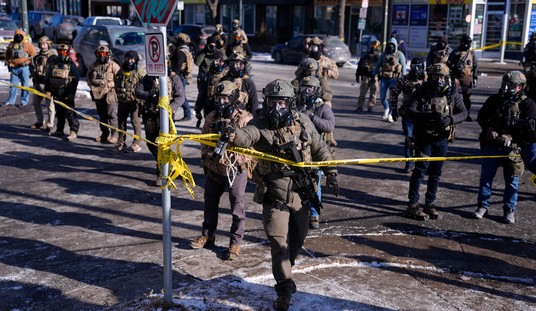Former Prime Minister Ariel Sharon, a brilliant general and controversial Israeli politician, died on Saturday from complications due to a debilitating stroke he suffered in 2006.
Beloved by many, reviled by some, Sharon marched to his own drummer during his military career and as prime minister from 2001-2006. He surprised the world when he unilaterally withdrew from Gaza in 2005, a move that some believed could have led to a settlement with the Palestinians if he had remained in good health. But his pragmatism about Israeli security was always tempered with the realization that only military strength guaranteed Israeli’s existence:
As one who fought in all of Israel’s wars, and learned from personal experience that without proper force, we do not have a chance of surviving in this region. … I have also learned from experience that the sword alone cannot decide this bitter dispute in this land.
As prime minister, Sharon presided over some of the most turbulent times in Israeli-Palestinian history, a Palestinian uprising that erupted in 2000 and an Israeli military crackdown after peace talks collapsed. As Israel’s leader, he besieged his arch-nemesis Yasser Arafat with tanks after suicide bombers flooded Israel from the occupied West Bank.
Long a champion of Jewish settlement on land Israel seized in the 1967 Middle East war, Sharon, serving in 1998 as foreign minister, urged settlers in the West Bank to “run and grab as many hilltops as they can to enlarge settlements, because everything we take now will stay ours”.
He said the contested decision to quit the Gaza Strip, which pulled apart his Likud party and persuaded him to form a new political force, would enable Israel to strengthen its hold over “territory which is essential to our existence”.
It was a reference to the West Bank, where his government began the construction of a massive barrier during the Palestinian uprising. Israel called it a security measure – Palestinians condemned the project as a land grab.
His career as a soldier spanned the War for Independence and the 1967 and 1973 conflicts. He had quit the military in 1973 but rushed back to service when Egypt invaded the Sinai. Calmly, he led the IDF in a successful counterattack that destroyed the Egyptian army.
His career as a politician was more controversial:
He helped form the Likud party, which courted Israel’s underclass of Jews of Middle Eastern descent and rose to power in the 1977 election, ending the dominance of the “European” Labour Party.
Appointed agriculture minister, Sharon used that post and his chairmanship of a ministerial settlements committee to break ground on new settlements – helping to earn him the nickname “Bulldozer”.
As defence minister under Prime Minister Menachem Begin, Sharon masterminded the 1982 invasion of Lebanon, one of Israel’s most divisive campaigns.
What started as a stab against Palestinian guerrillas on the border evolved into a murky and costly bid to install a government more friendly to Israel in Beirut.
Arab hatred of Sharon crested with the massacre of hundreds of Palestinian civilians in the Lebanese refugee camps of Sabra and Shatila by Israeli-allied Christian militiamen.
He denied wrongdoing but was eventually forced to resign as defence chief in 1983 after an Israeli probe said he bore “personal responsibility” for not preventing the bloodshed.
Sharon’s supporters believed he was unfairly blamed for the refugee camp massacre. And to this day, the IDF’s role in assisting the Lebanese Phalangist militia in carrying out the slaughter is debated. But it seems fairly clear that even if Sharon had no direct knowledge of the attack, he should have realized what would happen when he invited the Phalangists into the area to seek out the murderers of Lebanese Prime Minister Gemayal.
In the political wilderness for a decade, Sharon made a comeback when he was elected Likud leader in 1999 and prime minister in 2001.
What will his legacy be?
“Sharon was a mass of contradictions – a peerless cynic and a proven patriot, a man who built up the Likud and then walked out on it, who mixed up Jews and Palestinians in the West Bank while pulling out of Gaza,” said Uzi Benziman, author of “Sharon: An Israeli Caesar”.
He noted the varying theories about what motivated the Gaza withdrawal, including that it aimed to distract from corruption allegations at the time that dogged Sharon and his sons.
“Whatever the truth, it cannot be denied that Sharon’s legacy was to convey to Israelis that holding on to all of the (Palestinian) territories would not last,” Benziman said. “He was the last of the real leaders.”
That may or may not be true. But there is no doubt Ariel Sharon put the Jewish state on a path from which it can’t easily turn back: a two-state solution with its blood enemy, the Palestinians. No one yet knows how to get there. But Sharon showed his countrymen that there is security only in peaceful coexistence.










Join the conversation as a VIP Member